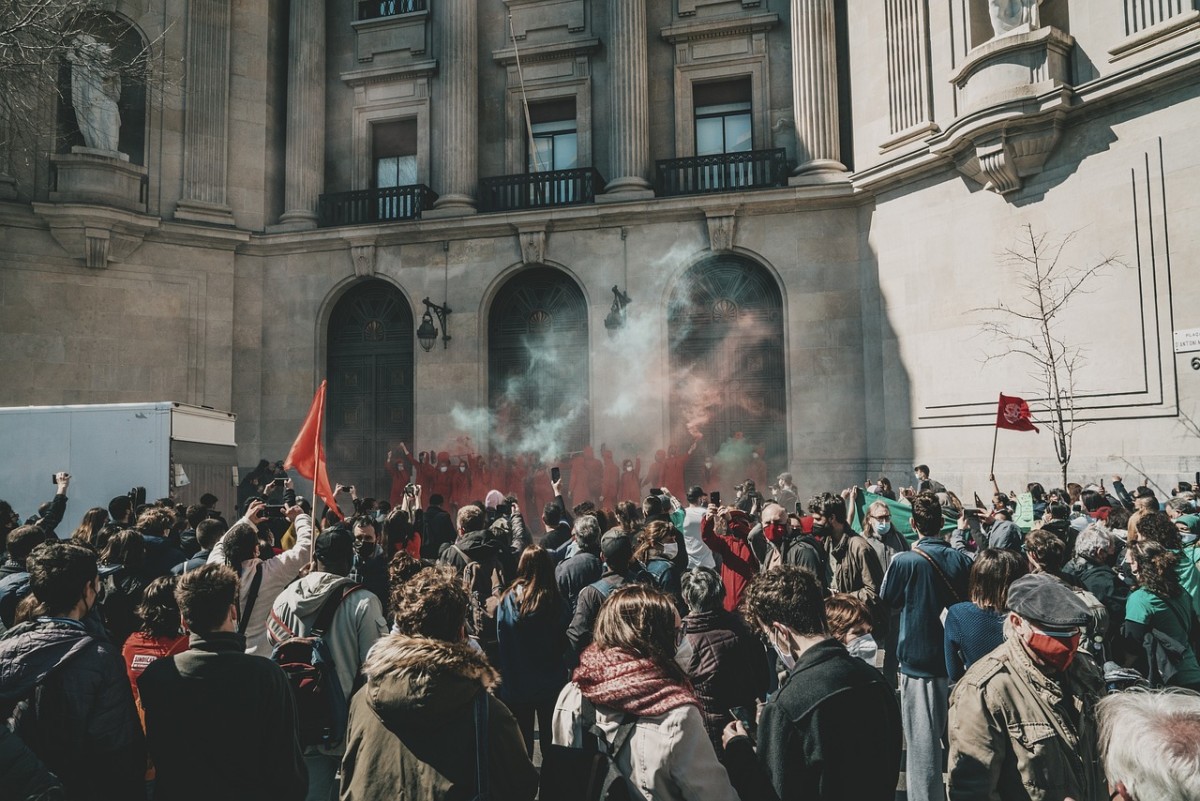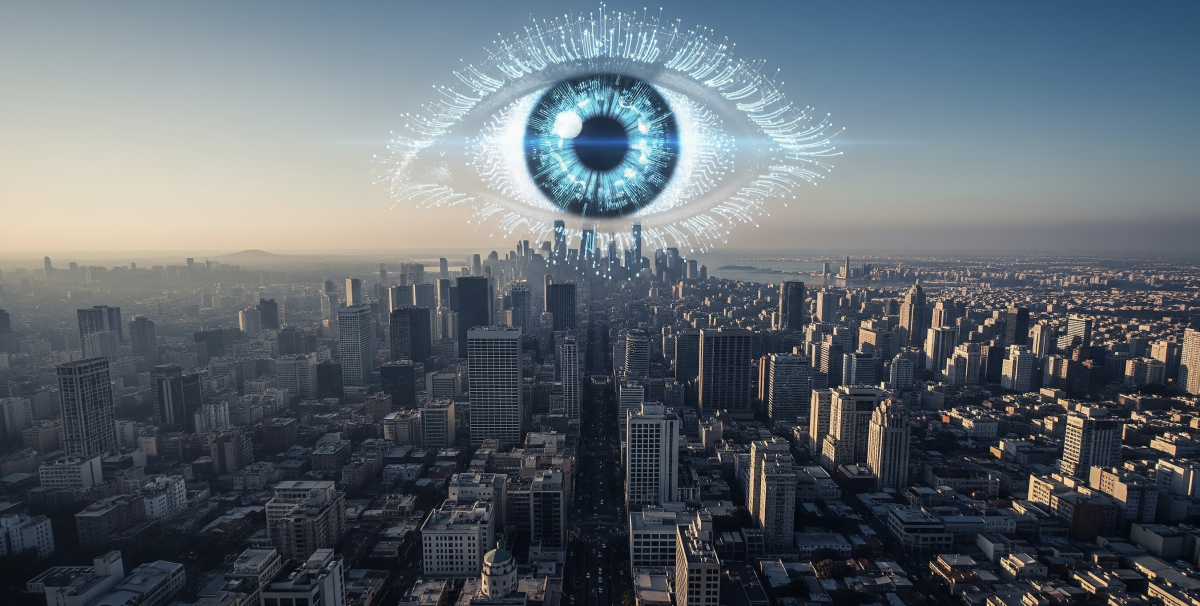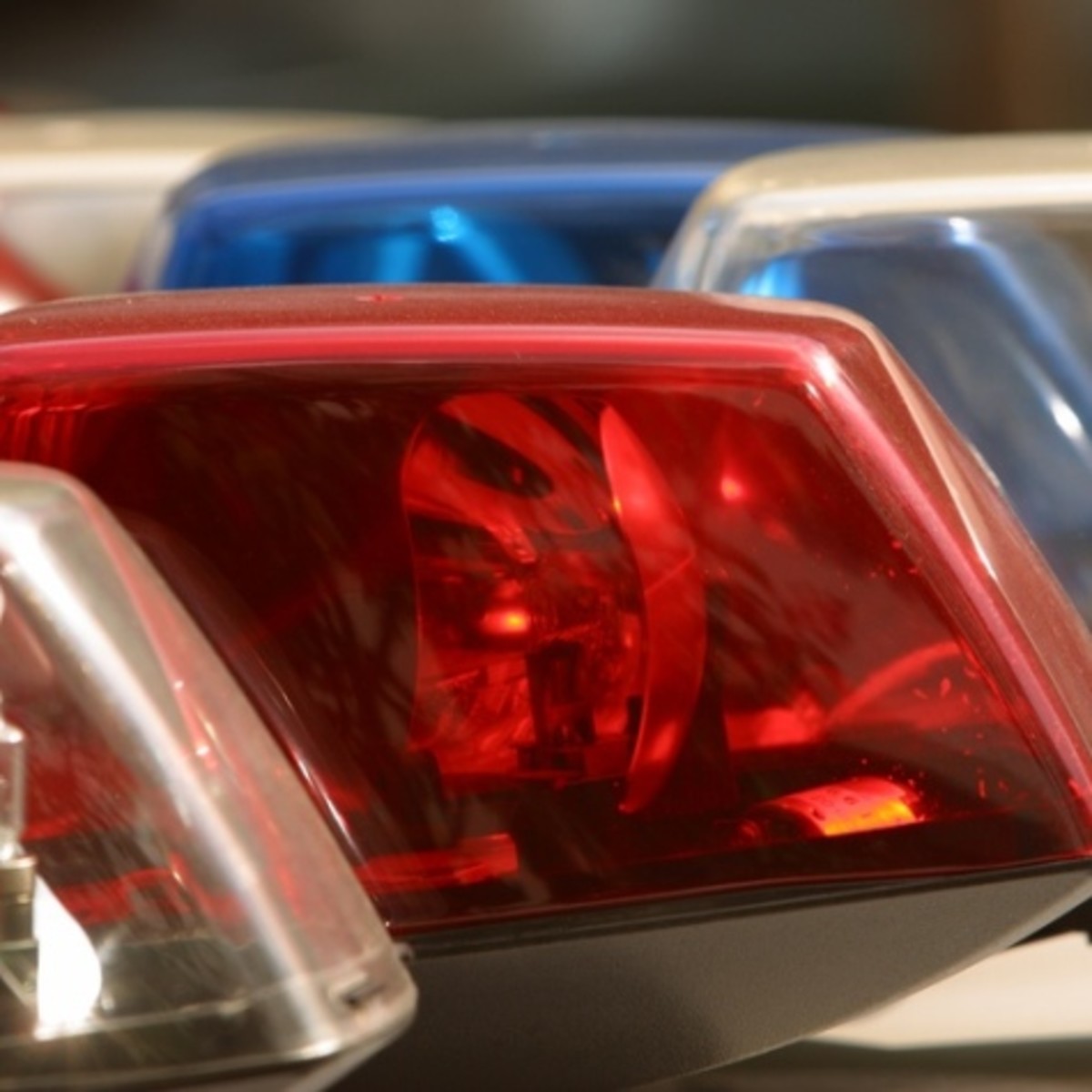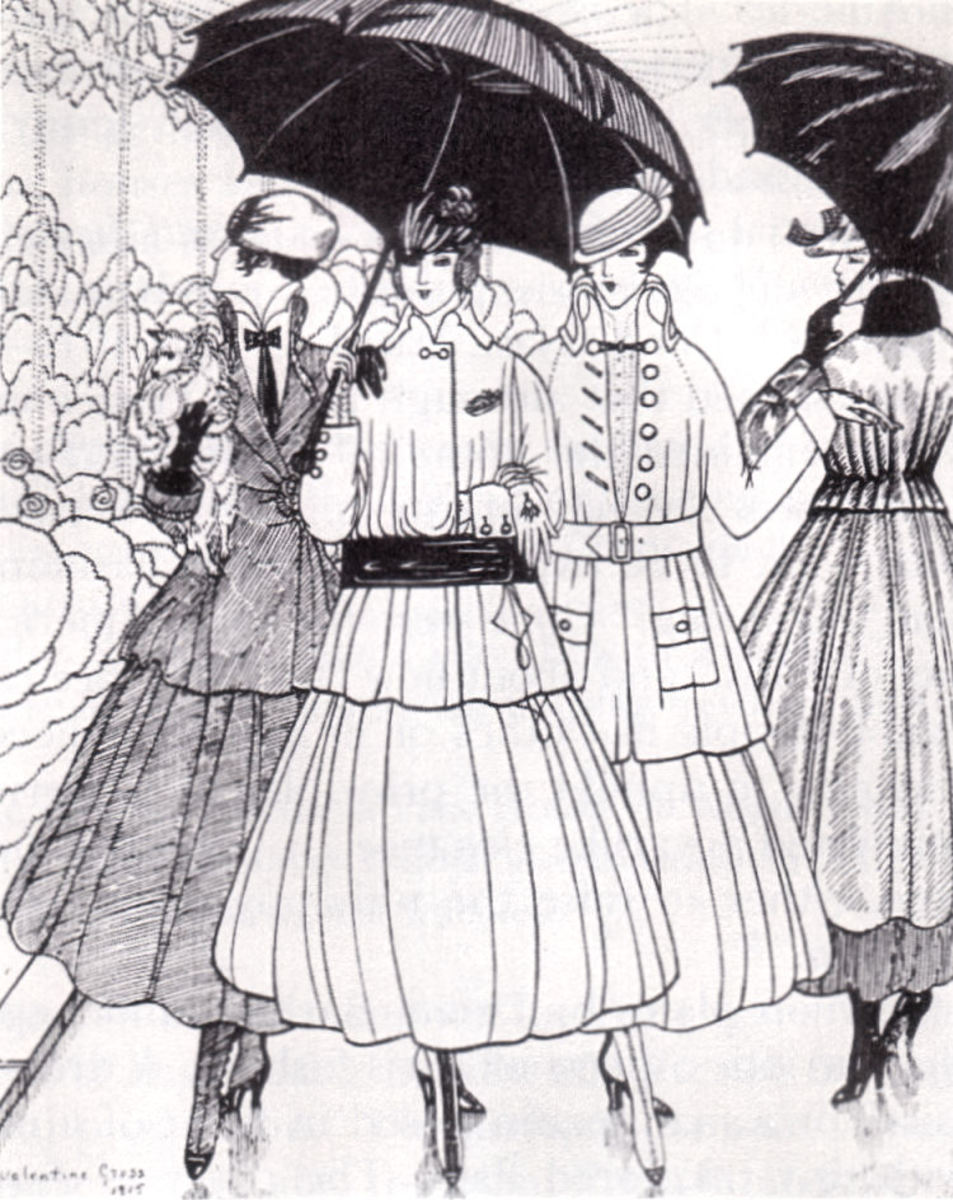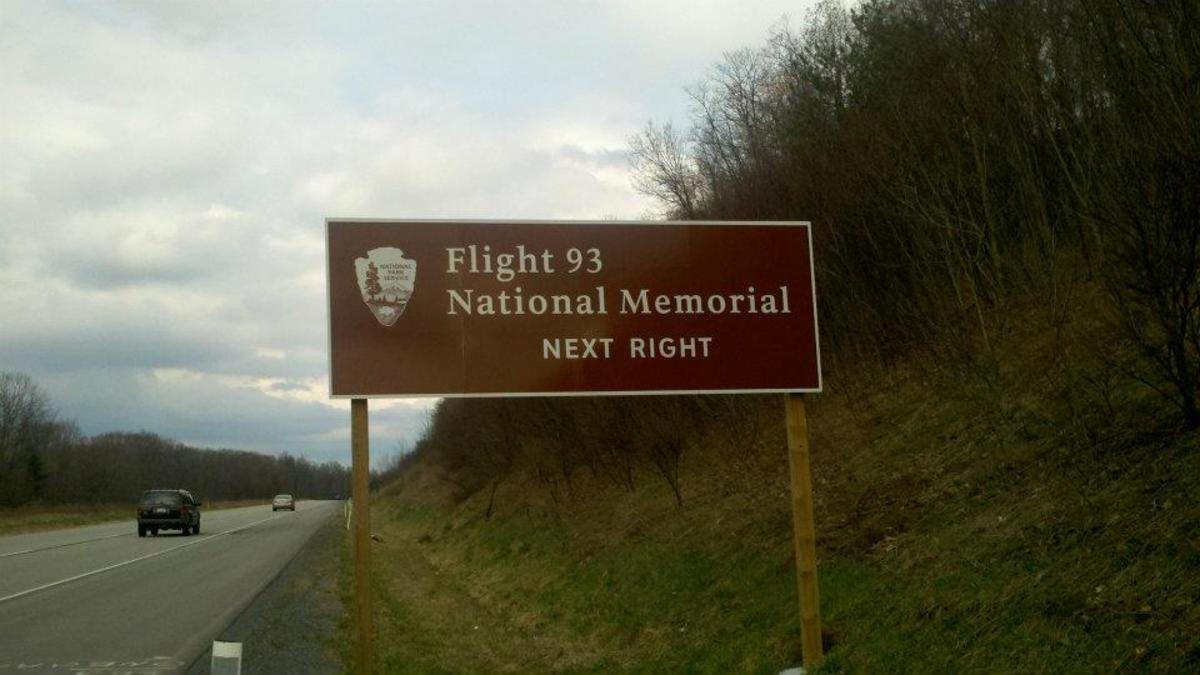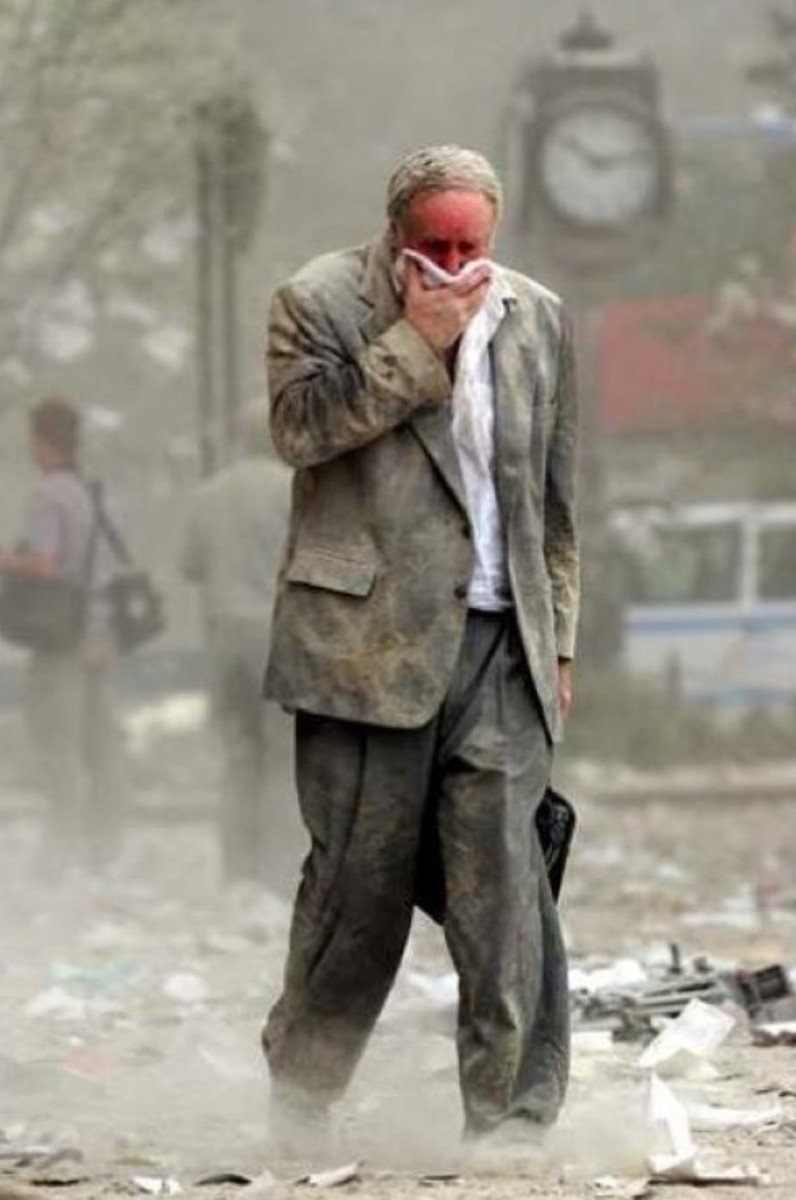Should we allow Public Surveillance to invade your privacy
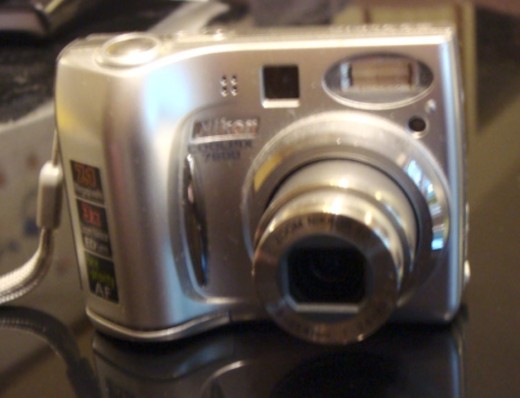
After the 9-11 terrorist attack, our whole way of thinking of security changed. This devastating tragedy led us to think ahead and take the necessary precaution to avoid that history will never repeat itself. I remember that day vividly. I was working at the local airport. All I heard there was a plane crashed! A few hours later, I found out that it was the biggest terrorist attack. The plane crashed through the World Trade Center. That whole catastrophic event made us rethink the procedure of travel security. The Department of Homeland Security started the profile lists to monitor the potential terrorists. The Patriot Act came into place in 2007 because of that sad day which made the American history.
The Patriot Act is to protect the innocent Americans from the terrorist deadly plan. It allows law enforcement to use whatever tool is available to investigate organized crime and drug trafficking. It permits law enforcement to use surveillances to investigate against terrorist, getting court orders to obtain business records without tipping the terrorists off. It also, allows different government agencies to share important, pertinent information among them. The Patriot Act also stiffens the penalty of the individual who commit harboring of terrorists. The law is designed to punish those who plan a massive transit attack, and the bioterrorist.
Under the Patriot Act, the Bank Secrecy Act/ Anti-Money Laundering (BSA/AML) program, allows the FBI and the IRS special agents to gather information from the financial institutions to monitor and investigate any suspicious activities; which links to terrorisms or money laundering without alerting them. It lets the government to respond quickly before the possible attack. It increases the strength the communication between the law enforcement and the financial institutions. In Florida, dirty money is big business. For years, Miami bankers have claimed the money in the vault was clean. There seems to be a big problem with money laundering because of the international, Latino exposure in the Miami area. In one incident, the government agencies were able to send the unexplained wire transfers to the DEA (Drug Enforcement Administration) which an American Express Bank International officer failed to note.
Americans who support the government law of public surveillance cameras out way the ones who oppose it by a 3 to 1 margin. In London, the surveillance camera, helped catch the perpetrators. The Chief of Police argued that the benefit of help solving crimes is far more important than the government intrusion. The surveillance network in London, known as "Ring of Steel," helped capture suspects including the pair attempting car bombings in June of 2007. New York City plans to have 100 cameras in Downtown, Manhattan, by the end of the year, 3000 by the end of 2010. Chicago and Baltimore expand their surveillance system as well. Senior citizens tend to support the government for public surveillance cameras. ABC News/ Washington conducted a survey by telephone which also supports that theory.
On the other hand, the readers who responded to the above article, in the majority do oppose the public surveillance cameras. One reader questioned the authenticity of the poll and we should not rely on it. He stated that the media has different interest because of the pressure of the rating. Others wrote we have to fight for our rights. He wants more freedom and less government regulations. Some simply expressed that the poll was fake and unreliable. One reader was afraid it might lead to the evidence for violations. It will turn in a revenue machine to collect fines. If you drop a cigarette butt, spit on the sidewalk, or throw trash on the street, the government has the legal document to fine you or better yet, put you in jail.
An Advocacy Group in Raleigh, North Carolina, thinks that public surveillance camera would invade people’s privacy. In 2005, the Department of Homeland Security received a $200,000 grant to install a sophisticated surveillance system which would allow only law enforcement to access. In spite of the public officials’ assurances that the use of the device would not interfere with people’s privacy, North Carolina ACLU’s executive director, Jennifer Rudinger, has some concerns of the abuse of the system. However, local law enforcement has different views. After the fatal double shooting of the North Carolina State University football game, the surveillance camera was placed in the same parking lot so that police can prevent that from happening again.
An interviewee does not want to be identified at this time. She gave me her point of view about public surveillance cameras; she supports the government monitoring our moves in the public. She strongly thinks that if you are in the public, then the government should have the right to eavesdropping. She went on to say that back in the old days, they had what was called "Party Line." You shared the telephone line with the neighbors. They could hear your conversation and vice versa. She believes that when you are not in the privacy of your own home, you gave up the right to have the privacy. She pointed out that email, cell phone communications such as text messaging and verbal conversations are not meant to be private. She said, "I have nothing to hide. I don’t care if the government is watching me."
A friend of mine, Michael Brewer is not in favor of the Patriot Act. Public surveillance camera can be misinterpreted. People make assumptions when they view things through the camera. When you profile a certain race, the evidence can be very damaging. Our clock is moving backward if we start profiling. American people need to realize that if we follow the constitutions, then the rule should apply to the government as well. Not following the constitutions can lead to innocent people going to jail. Michael Brewer strongly feels that he rather see guilty people go free than the innocents are punished.
Perhaps, we stop and think for a moment. With the public surveillance cameras, would it be better having it than not having it? Certain individuals do not want the government to monitor their behavior in the public. What about getting your picture taken and received a ticket in the mail? Do you think that it is invasion of privacy as well?
The government certainly has the duty to protect the American people from terrorism and to take the necessary approach to prevent a tragedy like 9-11 to happen again. As long as the government acts responsibly to the American people, why not let the Federal Government do their job? May be the entire experience will change the Americans social behavior, or would it make us more conscious of what we do in the public?
- FOIP - Guide to Using Surveillance Cameras in Public Areas
Home page of the Freedom of Information and Protection of Privacy web site that provides information to help public bodies comply with Alberta's Freedom of Information and Protection of Privacy Act (FOIP).

